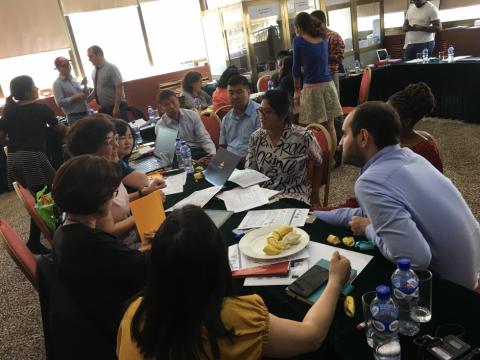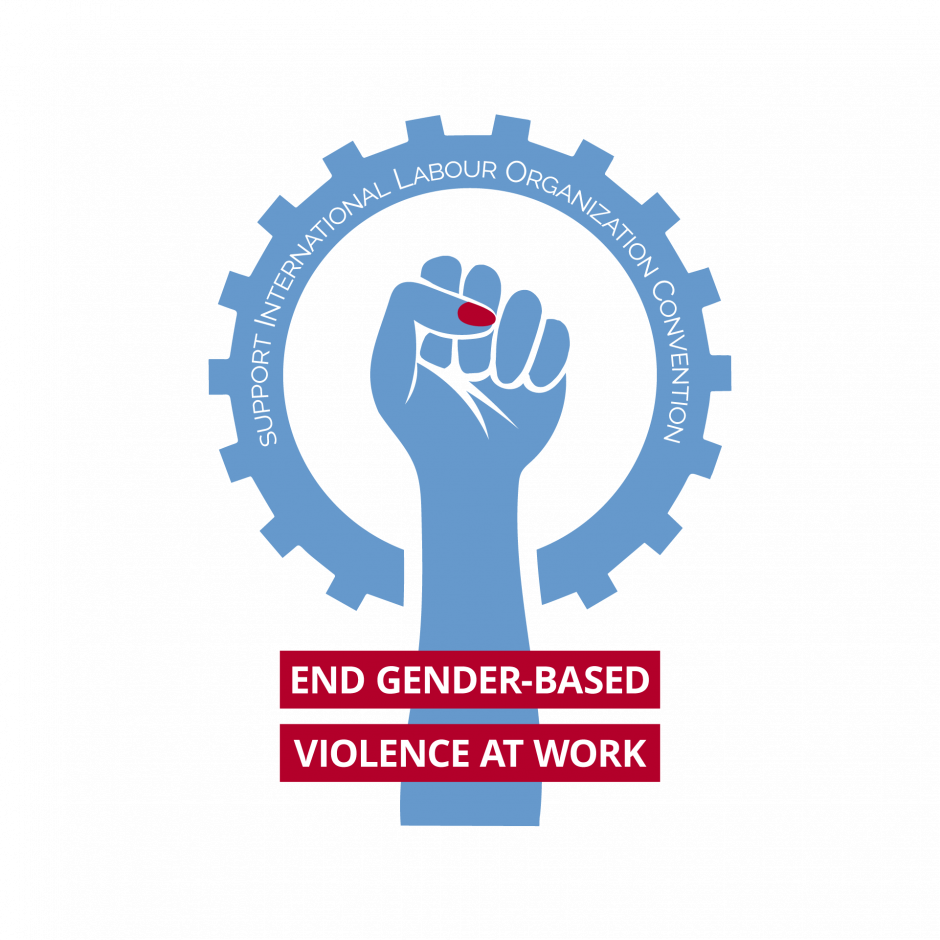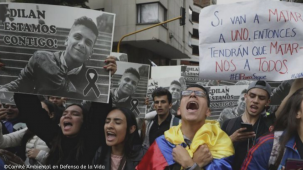From 11-14 June 2019, the Centre for Human Rights and Development (CHRD), the Open Society Forum, and the Strategic Litigation Working Group (SLWG) of ESCR-Net co-organized a workshop entitled Enforcing Environmental Rights.
This workshop was the first of a series envisioned by the SLWG to bring together human rights litigators, other advocates, and movement leaders to analyze existing casework, jurisprudence, and legal openings concerning themes prioritized by network members and responsive to the global ESCR challenges described in the network’s social movement-derived Common Charter for Collective Struggle.
The workshop contained four intersecting strands of exchange:
- Presentations grouped by themes drawn from participants’ casework;
- Critical perspectives regarding the role of court-based strategies in promoting structural change in the field of environmental human rights;
- Consideration of opportunities for collective or mutually reinforcing work; and
- Grounding of technical and strategic discussions in the concrete legal and political realities confronting civil society and human rights lawyers in Mongolia.

The first day of the workshop focused on environmental public interest litigation (PIL) in Mongolia. The proceedings were led by local partners, the Open Society Forum and CHRD. The event included numerous environmental litigators, human rights advocates, administrative court judges, and other national stakeholders. The gathering aimed at informing key actors about trends in environmental public interest litigation in Mongolia; addressing the legal and practical obstacles faced by nongovernmental organizations engaging in PIL; and dialoguing about related experiences in other countries. The Open Society Forum presented the results of their research regarding challenges to PIL, based on an extensive analysis of relevant court decisions in Mongolia. The event included a panel with ESCR-Net members, who spoke about international experiences regarding PIL in their countries.
The second day included two substantive sessions, the first on economic, social and cultural rights and the environment through the lens of dam disasters, and the second regarding critical perspectives on environmental human rights litigation. Though speaking on cases touching several continents, patterns emerged concerning the sources of violations and the political pressures faced by litigators and affected communities, fostering insights beyond the specificities of dam disasters. Presenters also discussed structural change as a function of movements and lawyers working together, all while ensuring affected communities speak in their own voices.
The third day started with a strategy discussion on ESCR-Net’s theory of change and the network’s Common Charter for Collective Struggle. Members discussed in small groups how their casework or methods connected to the Charter’s Global Common Conditions (addressing impoverishment and dispossession amongst abundance; deepening inequality; corporate capture of the state; climate change and eco-degradation; or growing repression); or its Emerging Points of Unity (reclaiming human rights; connecting struggles; advancing the leadership of the dispossessed, impoverished or marginalized; articulating alternative models). The second session of the day focused on case presentations relating to environmental human rights litigation against corporate actors, and the third session concerned the protection and enabling of environmental human rights defenders.
In the final day, the group explored the fundamental principle of free, prior, and informed consent and the challenge of implementing positive environmental human rights laws and judgments. Participants also reflected on possible future collaborations. In addition to numerous bilateral commitments to cooperate, those present expressed support for continuing the conversation on how environmental human rights litigation might be responsive to the global ESCR challenges detailed in the network’s Common Charter. The secretariat hopes facilitate this dialogue going forward, taking advantage of the inspiring energy and work of the participants.

